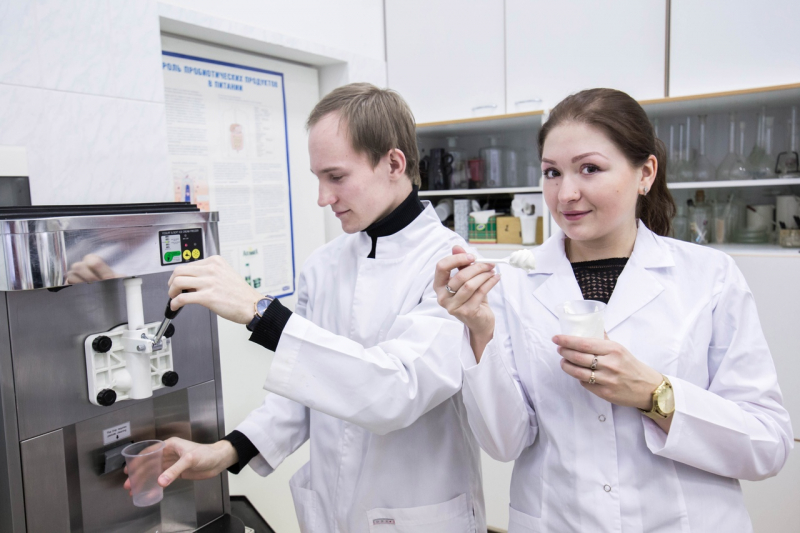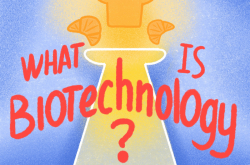Biotechnology is a field of science that studies the use of living microorganisms or products of their vital activity to solve a variety of technological problems, including those associated with food manufacturing. It’s based in the intersection of biology, chemistry, physics and engineering. Being such an interdisciplinary field, biotechnology is open to anyone with basic knowledge in chemistry and biology, and those interested in health care, bionics, nanoparticles and even photonics. Over the course of their studies, it’s possible to choose a narrower field – from protein products to brewing – or delve into fundamental research.
“Students enter our programs with degrees from universities that focus on chemical technology, pharmaceutics, agriculture, engineering, and, quite rarely, economics. It can be difficult for economists but we have a reorientation system and additional training system for those without prior experience in the field. Our students collaborate with students of other departments on interdisciplinary research projects,” explains Olga Volkova, dean of ITMO’s Faculty of Food Biotechnologies and Engineering.
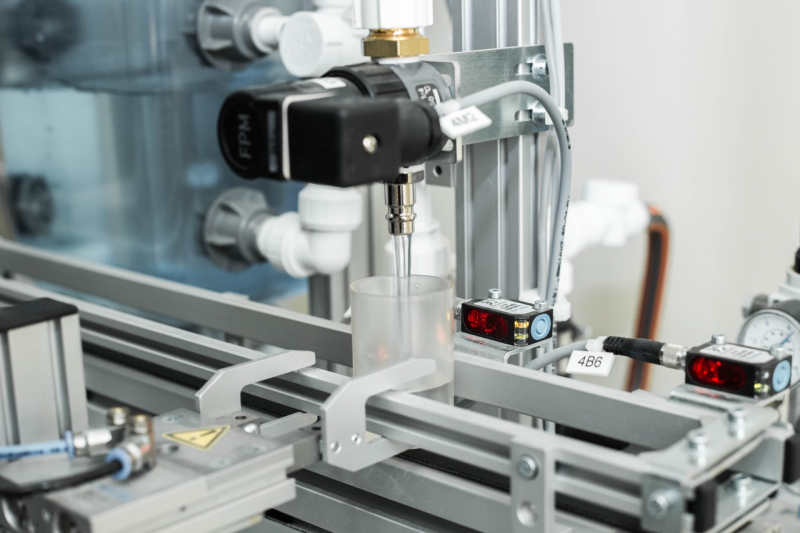
What is it that biotechnologists do?
- Design and create plant and protein products, and control their production quality;
- Develop food manufacturing and storage technologies using raw materials acquired with microbiological synthesis, biocatalysis, gene engineering, or nanotechnology;
- Create new resource-efficient technologies and functional products for different population groups;
- Develop and implement technologies and equipment for the processing of secondary and new raw food materials;
- Influence the quality, taste and nutritional value of food products that we’ll have in the future.
“Functional products are a new trend in biotechnological research,” says Nadezhda Barakova, head of the Master’s program in Food Biotechnology. “It has been proven that nutrition has an influence on gene expression. New personalized food products can help treat serious diseases, such as diabetes, cardiovascular diseases, and tumors. Functional food developers collaborate with health care specialists. Thus, those applying to biotechnology programs have to be willing to help people stay healthy.”
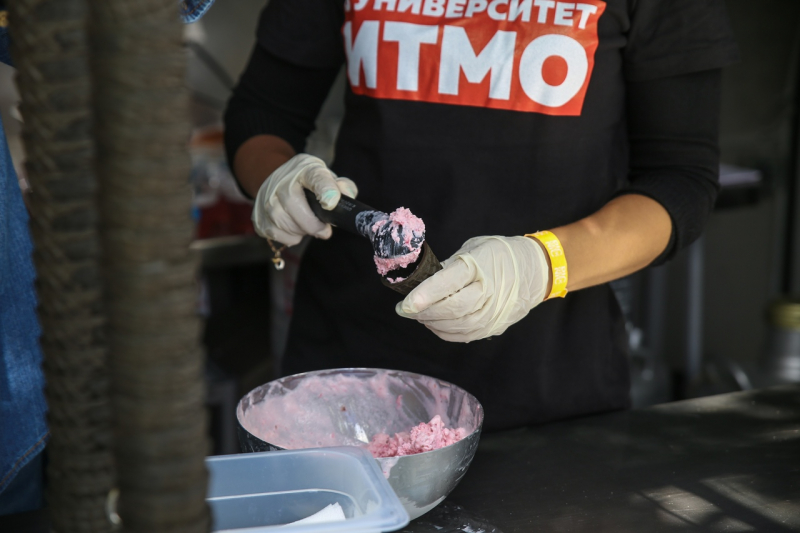
Where do biotechnologists work?
Food biotechnology graduates work at Danone, Heineken, Fazer, Baltika Brewery, and other food manufacturers all over the country.
“Our production process is based on fermentation. Biotechnology may seem like a brand new trend, but humanity has actually been using this process for hundreds of years, it’s what helped humans survive. Fermentation preserves food and enriches it with nutrients,” posits Svetlana Davydenko, head of the biotechnological processes development department at Baltika Brewery. “We welcome specialists with broad-based knowledge. The more you know, the easier it is for you to come up with a non-trivial solution, and that is a key advantage for any scientist. Baltika runs the Stars of Baltika internship program, which allows students to work at production sites. If there is a job opening, our interns can turn into employees. We have established good relations with ITMO University, we hold open days and organize tours around the production site. Moreover, our brewery museum is always open for visitors.”
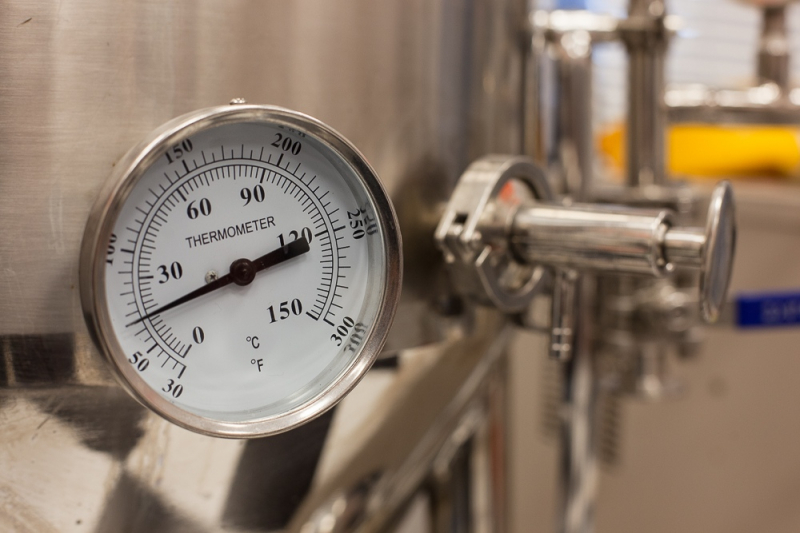
A lot of students start their own businesses. ITMO’s Master’s programs equip students with knowledge and skills that are necessary to open their own companies.
“In 2001, I graduated from ITMO’s postgraduate program at the General Refrigeration Technology department,” shares Tatyana Shkotova, CEO of Russkaya Eda. “I studied ways to preserve berries and use them as a base for nutritious products. Back then, there were no Russian manufacturers of high-quality tasty jams for yogurt, ice-cream and pastry, so we decided to fill this niche in the market. It’s important to always do something, rely on your knowledge, keep track of our changing world, and be open to communication. It’s hard work as consumer preferences constantly evolve. We were one of the first companies in Russia to start producing low-calorie sugar free products: jams, marmalades, syrups and sauces. Being a biotechnologist is exciting. You have to be passionate to create something new. The best reward is to realize that your product can benefit somebody. Food manufacturing will always be in demand, and it has a great number of subfields.”
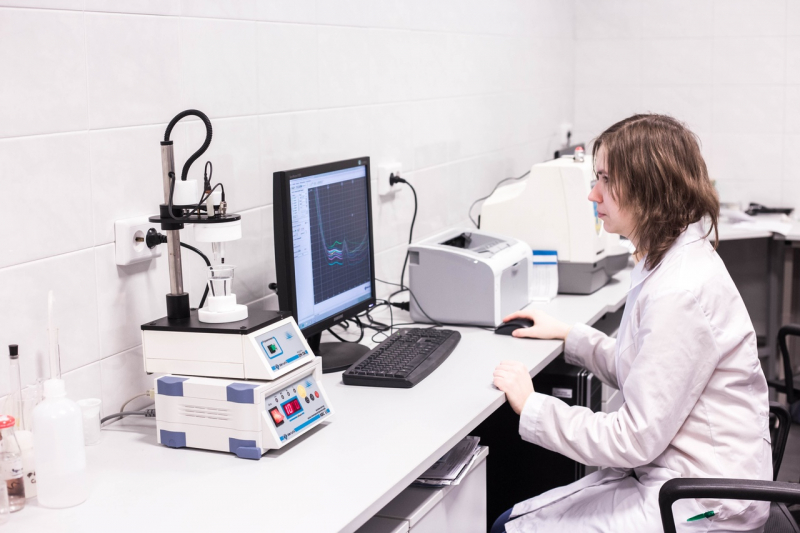
What Master’s programs in biotechnologies are there at ITMO University?
Biotechnology of Beverages, Bread and Confectionery Products, where one can study fundamentals of new plant product development;
Biotechnology of Functional Products, which includes courses on the biotransformation of raw food materials using bio- and nanotechnologies for functional and purpose made food production to prevent diseases, preserve health and prolong active longevity;
Food Biotechnology, focusing on food manufacturing from plant and biologically modified raw materials;
Food Products Quality and Safety, training specialists in food quality and safety control, sanitary and hygienic production site control, and food quality management;
Protein-based Food Products, specializing in protein-based products and their production, as well as resource-efficient technologies for functional additive production, including those for medical purposes;
Low-temperature and Deep Processing of Biological Systems, that focuses on environmentally safe deep processing of biological raw materials that can be used to create new products;
Food Production Processes and Equipment, where students delve into the methods of processing raw materials, and biotechnological equipment production.
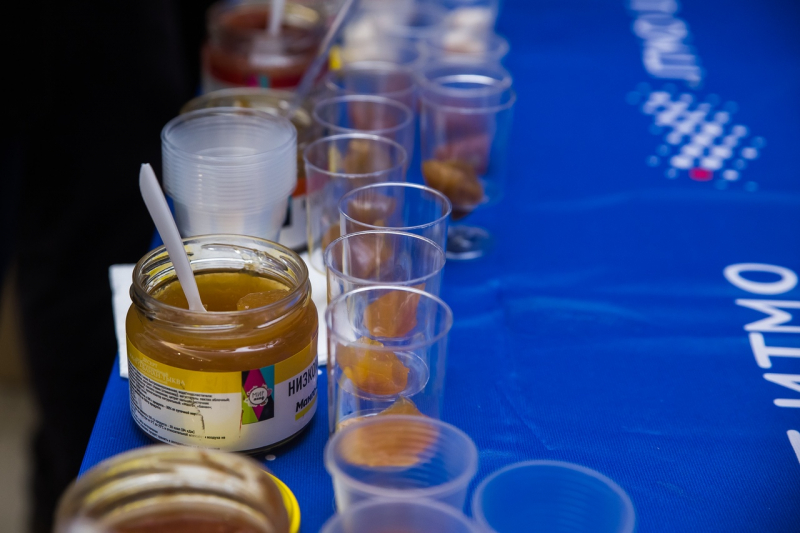
ITMO’s Faculty of Food Biotechnologies and Engineering welcomes not only those who have recently acquired their Bachelor’s degree, but also food biotechnology specialists already working in the field, or even running their own businesses.
The Master’s program application period for 2020 opened on February 1. You can find the complete list of Master’s programs available at ITMO here.We also have a number of international Master’s programs, taught in English – find the full list here.
File your application here or go here to learn more about the application process.
